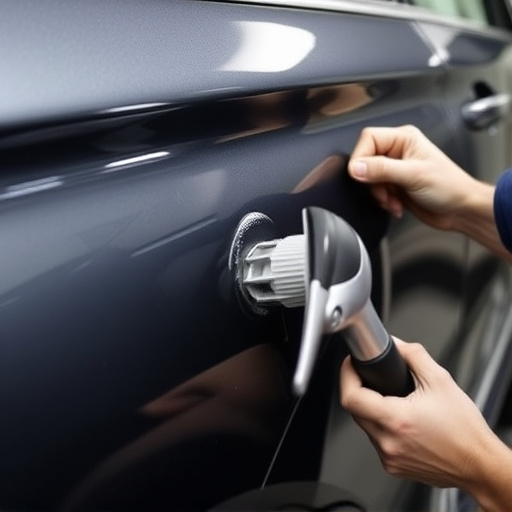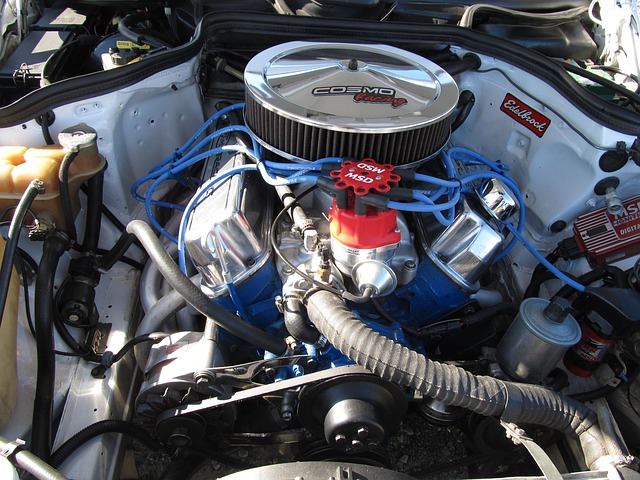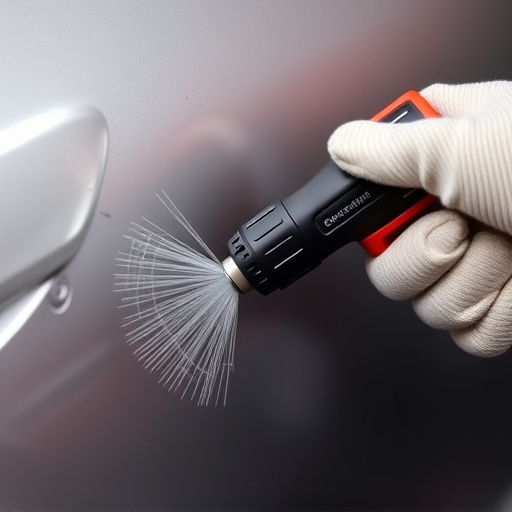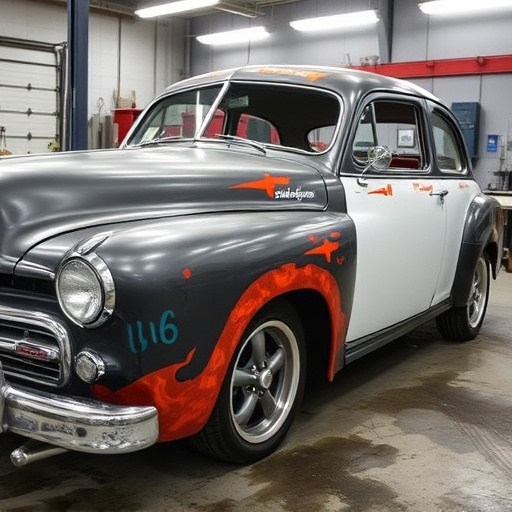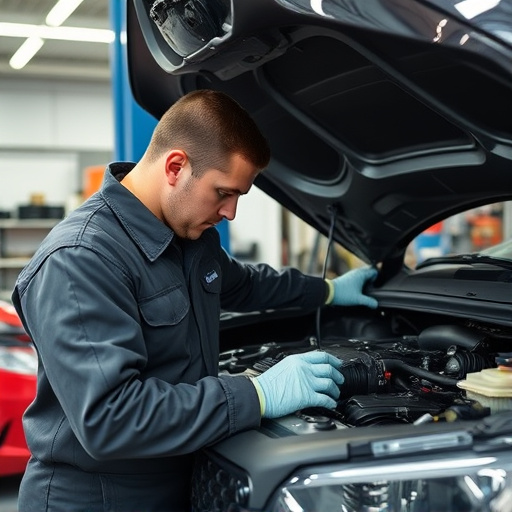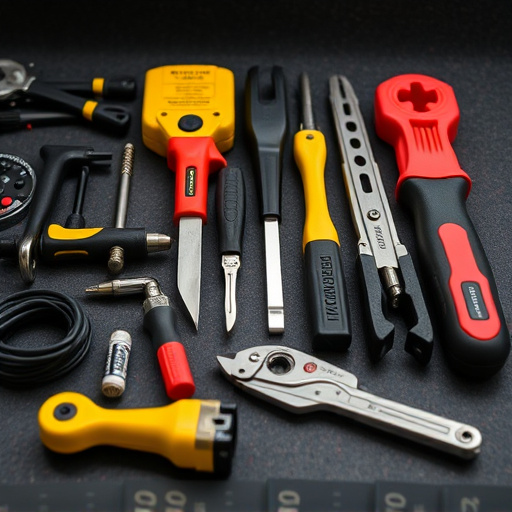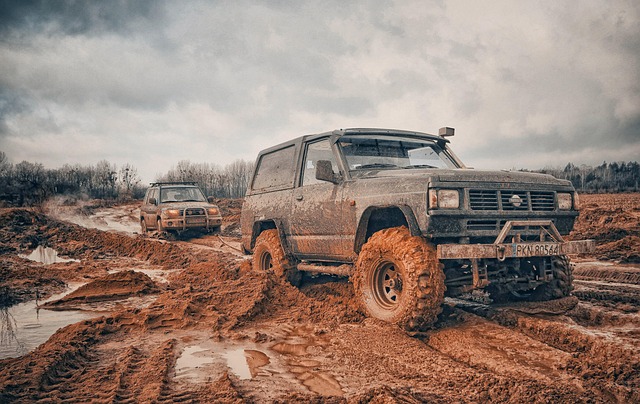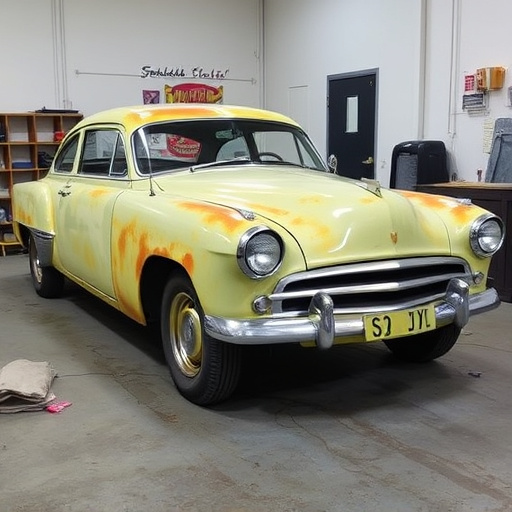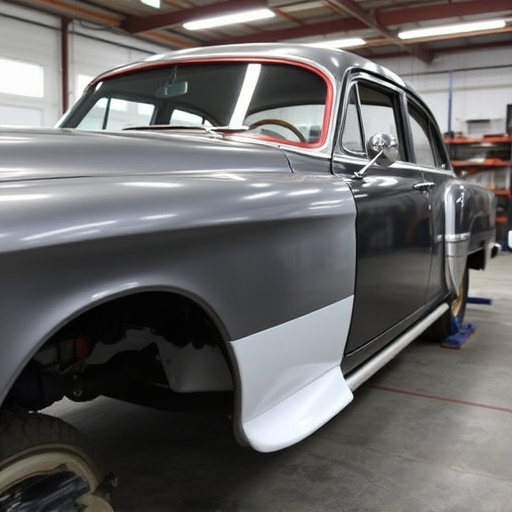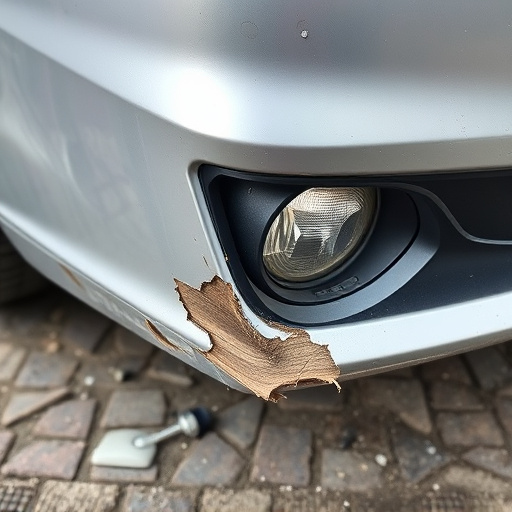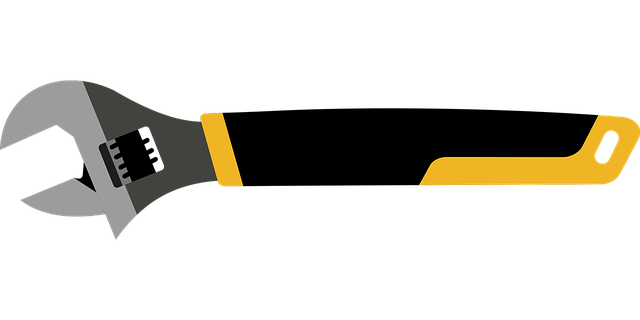Regularly monitor car temperature to detect overheating issues caused by radiator damage, leaks, or corrosion from impacts and harsh conditions. Prompt action, including radiator collision repair services, is crucial to prevent severe engine damage and ensure reliable vehicle performance. Address leaking coolant, damaged hoses, faulty caps, and rust buildup for optimal car maintenance and longevity.
Is your car overheating, or do you notice a leaking coolant? These could be signs that your radiator needs collision repair. Radiator damage can lead to engine overheating, reduced efficiency, and even complete failure. Rust buildup on radiators is another common issue, often requiring replacement parts. If you’re experiencing any of these problems, it’s crucial to address them promptly for safe and reliable vehicle operation. This guide explores these issues in detail to help drivers identify when professional radiator collision repair is necessary.
- Engine Overheating: A Clear Indicator of Damage
- Leaking Coolant: When Your Radiator Fails
- Radiator Rust: Time for Replacement Parts
Engine Overheating: A Clear Indicator of Damage
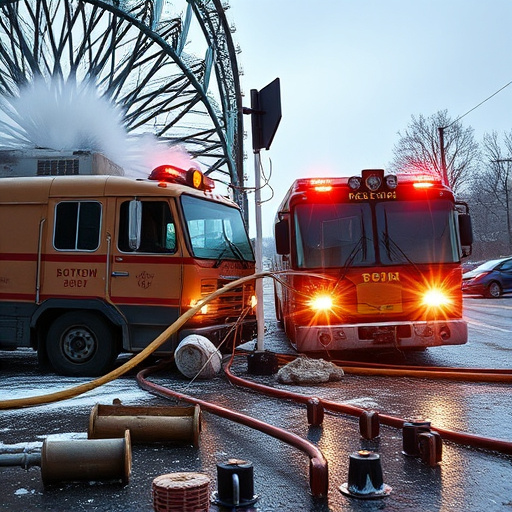
If your car is overheating, it could be a clear sign that your radiator has sustained damage from a collision. Engine overheating occurs when the cooling system fails to regulate the engine’s temperature effectively. This can lead to significant wear and tear on various components, including the radiator itself. Radiator collision repair becomes necessary if the impact has caused cracks, leaks, or structural damage, compromising its ability to dissipate heat efficiently.
Regularly checking your car’s temperature gauge is essential for early detection of overheating issues. If you notice consistent readings in the “Hot” or “Red Zone,” it’s a warning sign that requires immediate attention. Prompt action is crucial to prevent further complications like engine damage, reduced fuel efficiency, and even complete breakdown. Consider this a call to action for thorough inspection and potential radiator collision repair to ensure your vehicle remains reliable and safe on the road.
Leaking Coolant: When Your Radiator Fails
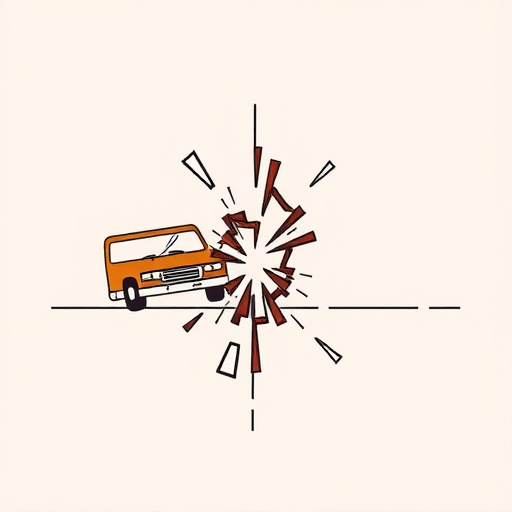
A leaking coolant is one of the most obvious signs that your car needs radiator collision repair. Coolant leaks can be caused by a variety of issues, including damaged or corroded hoses, a faulty radiator cap, or even a problem with the radiator itself. If you notice drips under your vehicle or a persistent low coolant level, it’s crucial to address these issues promptly. Ignoring a leaking coolant could lead to overheating, which can cause severe engine damage and require costly automotive body work repairs.
Regularly checking your coolant levels is an essential part of preventive car maintenance. If you spot any leaks or unusual symptoms like steam from under the hood or a sweet odor (indicating antifreeze contamination), it’s time to consider radiator collision repair. Skilled technicians can diagnose the issue, whether it’s as simple as replacing a hose or as complex as repairing or replacing the radiator. Remember, prompt action on coolant-related issues can save you from more significant vehicle problems and ensure your car runs smoothly for years to come, requiring only routine car paint repairs if necessary.
Radiator Rust: Time for Replacement Parts
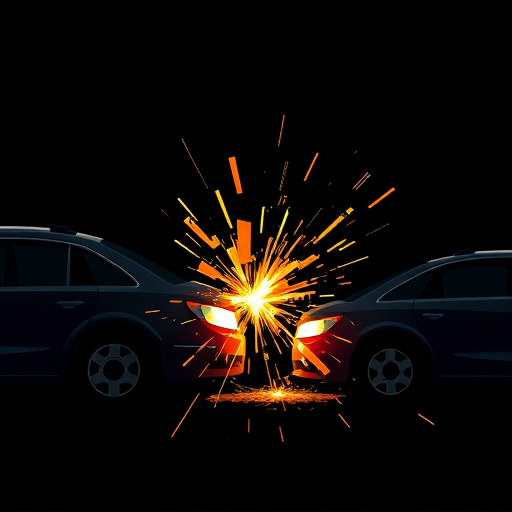
Over time, a car’s radiator can suffer from rust buildup, especially if it has been subjected to harsh weather conditions or poor storage practices. Radiator rust is a clear sign that your vehicle needs radiator collision repair attention. This issue not only affects the exterior aesthetics of your car but also has functional implications. As rust forms and spreads, it can disrupt the flow of coolant, leading to overheating and potential engine damage.
When rust becomes extensive or starts to impact the structural integrity of the radiator, it’s time to consider replacement parts. Many auto body shops offer radiator collision repair services that include professional installation of new or refurbished radiators. Regular auto maintenance includes checking for signs of corrosion, and if detected early, it can prevent further damage, ensuring your vehicle maintains optimal performance and longevity.
If your car is showing signs of overheating, coolant leaks, or visible radiator rust, it’s crucial to address these issues promptly. Delve into radiator collision repair options to ensure your vehicle’s longevity and safety on the road. Effective collision repair can prevent further damage, restore performance, and keep you from being left stranded. Remember that timely action is key; don’t let a faulty radiator compromise your driving experience or put your safety at risk.
